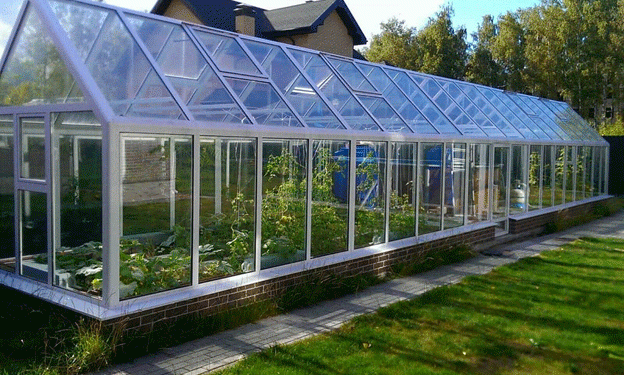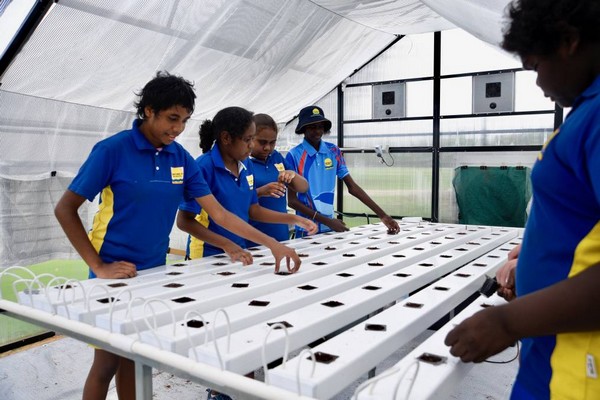In a strategic move to combat the challenges of climate change and water scarcity, Egypt has officially inaugurated its large-scale greenhouse farming project. Located on the military base of Mohamed Naguib near Alexandria, the first phase of this initiative includes the installation of 100,000 greenhouses, covering a total of 20,000 hectares. This landmark project is part of the nation’s broader efforts to enhance agricultural productivity, reduce dependence on imports, and ensure food security for its growing population.
Key Features and Goals of the Project
The Egyptian government has set high expectations for this project, both in terms of scale and impact. Greenhouse farming, or serriculture, is known for its ability to maximize agricultural output by creating controlled environments that shield crops from harsh weather conditions. In Egypt, where water scarcity and extreme heat are significant concerns, greenhouse farming offers a sustainable solution.
The primary goal of the project is to provide sufficient food for residents in the Alexandria region. With Egypt’s population growing steadily, food security has become a critical issue. The country’s heavy reliance on food imports, especially fruits and vegetables, has put a strain on its economy. By cultivating fruits in greenhouses, Egypt aims to produce enough to meet local demand, thereby reducing import dependency and achieving self-sufficiency.
Water Efficiency and Pollution-Free Farming
One of the standout aspects of Egypt’s greenhouse project is its focus on water conservation. In a country where agriculture accounts for nearly 85% of total freshwater consumption, innovations that reduce water usage are critical. The greenhouse technology employed in this project allows for more efficient irrigation, using less water than traditional farming methods. By utilizing techniques like drip irrigation and hydroponics, water loss due to evaporation is minimized, which is especially beneficial in Egypt’s arid climate.
Additionally, the project emphasizes producing crops without pollutants, aligning with global trends toward healthier and more environmentally friendly food production. Greenhouses offer a controlled environment, making it easier to manage pests and diseases without relying heavily on chemical pesticides or fertilizers. This not only protects the health of consumers but also ensures that the surrounding ecosystems are less affected by agricultural runoff.
Socioeconomic Impact and Private Sector Engagement
Beyond its environmental and agricultural benefits, the project is expected to have a significant socioeconomic impact. The construction and operation of these greenhouses will create numerous jobs for local populations, particularly in rural areas. Egypt’s government has made it clear that the initiative will be a key driver of job creation, helping to stabilize and improve the economic well-being of many communities.
In addition to governmental oversight, the project is designed to engage the private sector. Egypt has expressed its readiness to lease the greenhouses to private investors, creating opportunities for agribusinesses to enter the market. However, a crucial aspect of the initiative is the restriction on exporting products from the greenhouses. The government has mandated that all produce cultivated under this scheme must remain within the country, a policy aimed at ensuring that the project directly benefits local food security rather than serving as an export opportunity for agribusinesses.
Egypt’s greenhouse farming project marks a transformative moment for the country’s agricultural sector. By leveraging technology to overcome environmental challenges, Egypt is positioning itself to meet its food security needs while also promoting sustainability and economic development. The project’s success could serve as a model for other nations facing similar climate-related agricultural issues. However, its long-term impact will depend on how effectively Egypt manages the balance between production, water conservation, and market demands.












